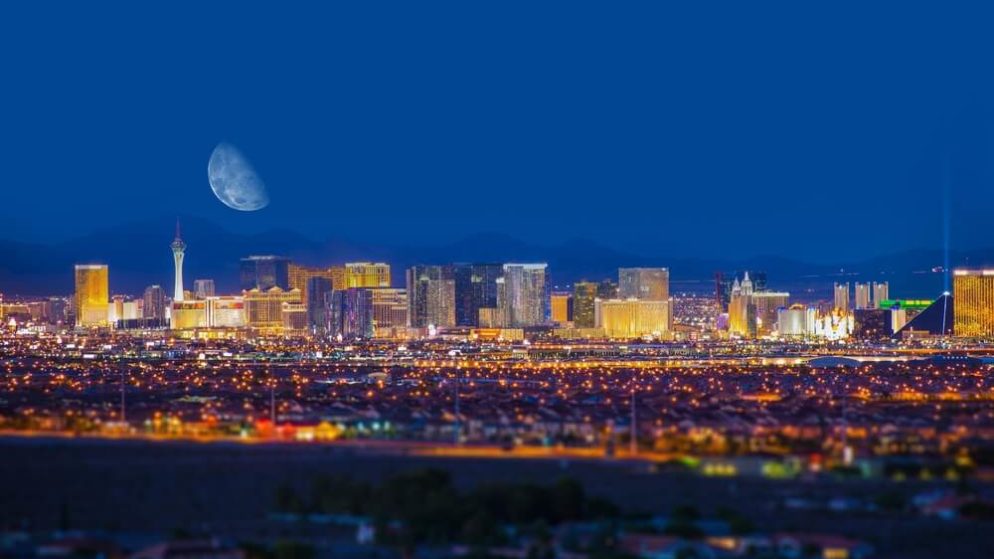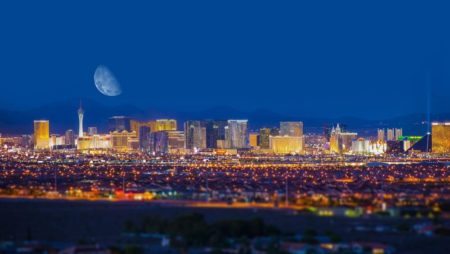

Recently, the New York Times wrote an in-depth article on what is perhaps the hardest-hit city in the country, Las Vegas. The Times piece noted that compared to all of the cities in the country, that few places were harder hit than Las Vegas, where at least one-third of the local economy is in the hospitality and leisure industries – where social distancing is close to impossible. That’s more hospitality and leisure than any other major metropolitan area in the United States. Moreover, most of those jobs can’t be done from a home office.
What we cover
The unique challenges faced by the hospitality and leisure industries
The leisure and hospitality industry in Las Vegas is more than just casinos, it’s also the hotels, bars, restaurants as well as the shows. However, a lot of that is there to serve the visitors who come to the casinos to gamble. The question is, how is Las Vegas going to safely reopen the casinos in the post-COVID-19 world?
The fact is, most gambling involves handling things, such as chips, cards, or the buttons on a slot machine. Casinos could have everyone wear masks and gloves, but people won’t always wear them the right way. Besides, dressing like you’re about to perform heart surgery sort of defeats the fun of being on a vacation.
The casinos might have to ban the consumption of beverages on the floor, because people would have to lift up their masks. That would permanently unemploy the legion of cocktail waitresses serving drinks to the gamblers on the floor. Casinos can make their patrons sit further apart, to maintain social distancing but the size of the card and roulette tables are already set. Dealers and casino custodial staff would need to constantly disinfect tables, chairs, slot machines, video poker machines, and everything else within the casino.
How long can this go on? Is Social Distancing even Possible?
An analysis of the big casinos determined that they can last anywhere from five months to 14 months before they are forced out of business. However, that’s just the corporations; the dealers, cocktail waitresses, bartenders, chefs and cooks, maids, and all of the other casino workers, they’re already broke.
To top it off, the casinos provide $1.5 billion in tax revenue for the state of Nevada; that’s nearly 38% of the state’s total tax revenue.
Macao serves as a mirror
On the other side of the world in China, the casinos in Macao are dealing with the situation the best they can. Macau, not Vegas, is the world’s biggest gambling market. Casino visitors in Macao, primarily from mainland China, must wear masks, have their temperature taken upon entering the property, and must not eat or drink at the slots or gambling tables.
While it’s still early, the Macau casinos are only operating on around 20% of the revenue they had at the same time last year.
Wynn Resorts has a plan similar to Macao
Wynn CEO Matt Maddox submitted a 23-page health and safety plan outlining the precautions Wynn, as well as the other casinos, can take to reopen in the wake of the COVID-19 pandemic.
Maddox’s plan proposes using thermal cameras to monitor both the temperatures or workers and guests, updating the casino layout to promote social distancing and personal protective equipment for employees.
Guests would enter at a checkpoint, where they would be screened by security for a high temperature using thermal cameras. Anyone with a temperature of 100+ degrees would be subject to a second screening, and if they have a fever, they can’t enter the property. Those who do pass the screening would be given a mask to be worn at all times and they will be asked to use hand sanitizer.
“Our economy is in free fall,” Maddox said. “Nevada will be one of the hardest-hit states in the country and its already suffering very high unemployment. It’s imperative we flatten this curve so we can re-emerge in a safe and sustainable way.”








